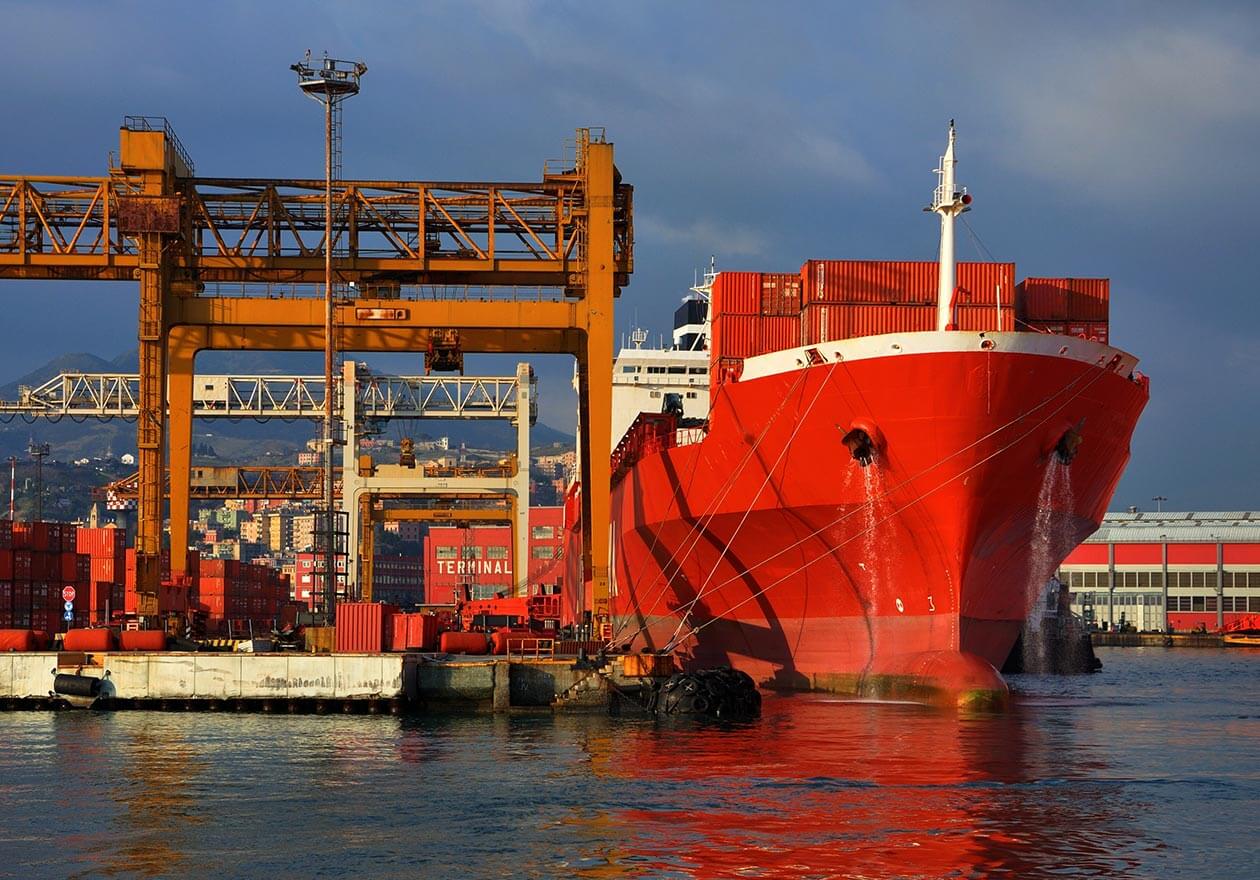
Appeals Court Strikes Down Trump’s Broad Tariffs—But What Happens Now?
A federal appeals court ruled on Friday that President Trump exceeded his authority by invoking emergency declarations to impose sweeping tariffs on nearly all U.S. trading partners. This upholds an earlier ruling from a specialized trade court. Judges concluded that IEEPA does not authorize the president to impose such broad tariffs. The ruling emphasized that Congress likely didn’t intend to grant “unlimited authority” for executive tariff actions.
Most important right now is that the decision did not immediately dismantle the tariffs. Enforcement is paused until mid-October while an appeal is prepared for the Supreme Court.
What Tariffs Are Affected—and Which Aren’t:
The court targeted the “Liberation Day” tariffs introduced on April 2, 2025, under the International Emergency Economic Powers Act (IEEPA). These included punitive rates of up to 50% on deficit countries, and 10% baseline on nearly all others. Note that tariffs imposed for national security or trade-practice reasons, such as those on steel, aluminum, and autos are unaffected by this ruling.
Consequences & What Comes Next:
If upheld, the decision could require refunding trillions in collected tariffs. By July alone, revenue had reached an estimated $159 billion. Though the appellate court dealt a serious blow to Trump’s unilateral tariff authority, the disputed tariffs remain in effect for now. With a Supreme Court appeal looming, the legal and economic stakes remain high.
